Woven with Yoruba spirituality, Christian dogma, ancestral tension, and raw emotional truth, this collection bends myth, memory, and language into something devastating and alive.
In The Question Mark at the End of Life, Olubunmi Familoni peels back the skin of womanhood to expose what’s underneath—grief, silence, rage, duty, love, longing, and what it costs to carry them all. These twelve stories burn through the expectations placed on women’s bodies, voices, and identities, asking what’s left when everything is claimed but nothing is given back.
In the title story, a widow tries to resurrect her husband by calling his name like a prayer, but what returns is not peace, but an unrelenting haunting. In A Woman’s Knees Are for Suffering, a girl learns to cook, kneel, and disappear, trained to be a wife long before she wants to be. When a Woman Becomes Water captures the quiet suffocation of a woman whose words are too much for her husband, but not enough to save herself, until she turns them into stories.
Familoni’s voice is poetic and unflinching, with a sharp sensitivity to human vulnerability. The collection is marked by themes of bodily autonomy, religious hypocrisy, patriarchal oppression, and psychological suppression—particularly as experienced by women. The stories are independent yet thematically unified, each one offering a different perspective on the central question posed by the collection’s title: what remains at the end of loss, betrayal, or silence?
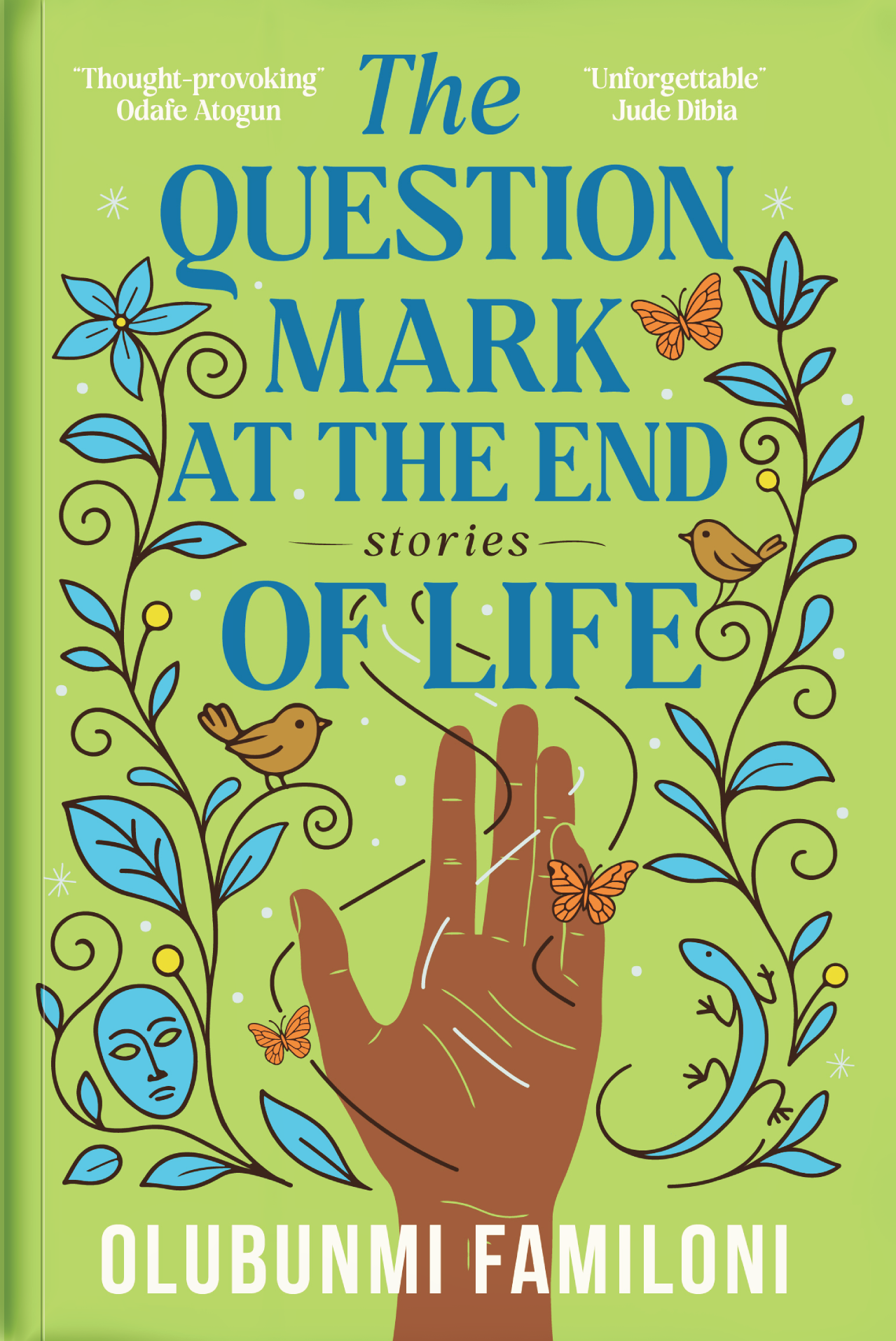
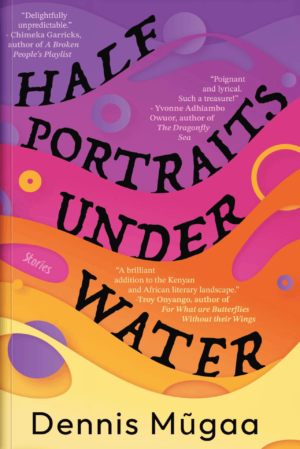

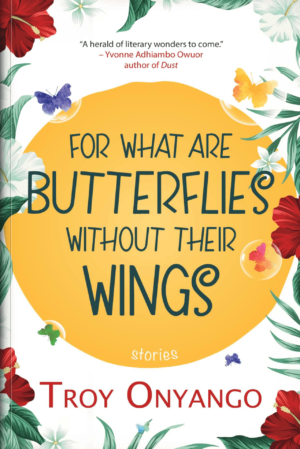
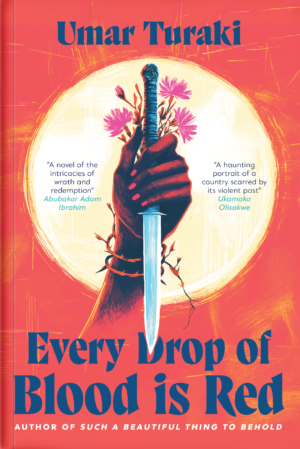
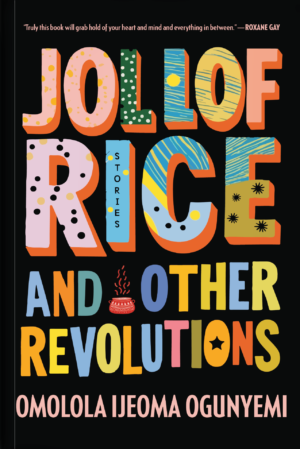
Reviews
There are no reviews yet.